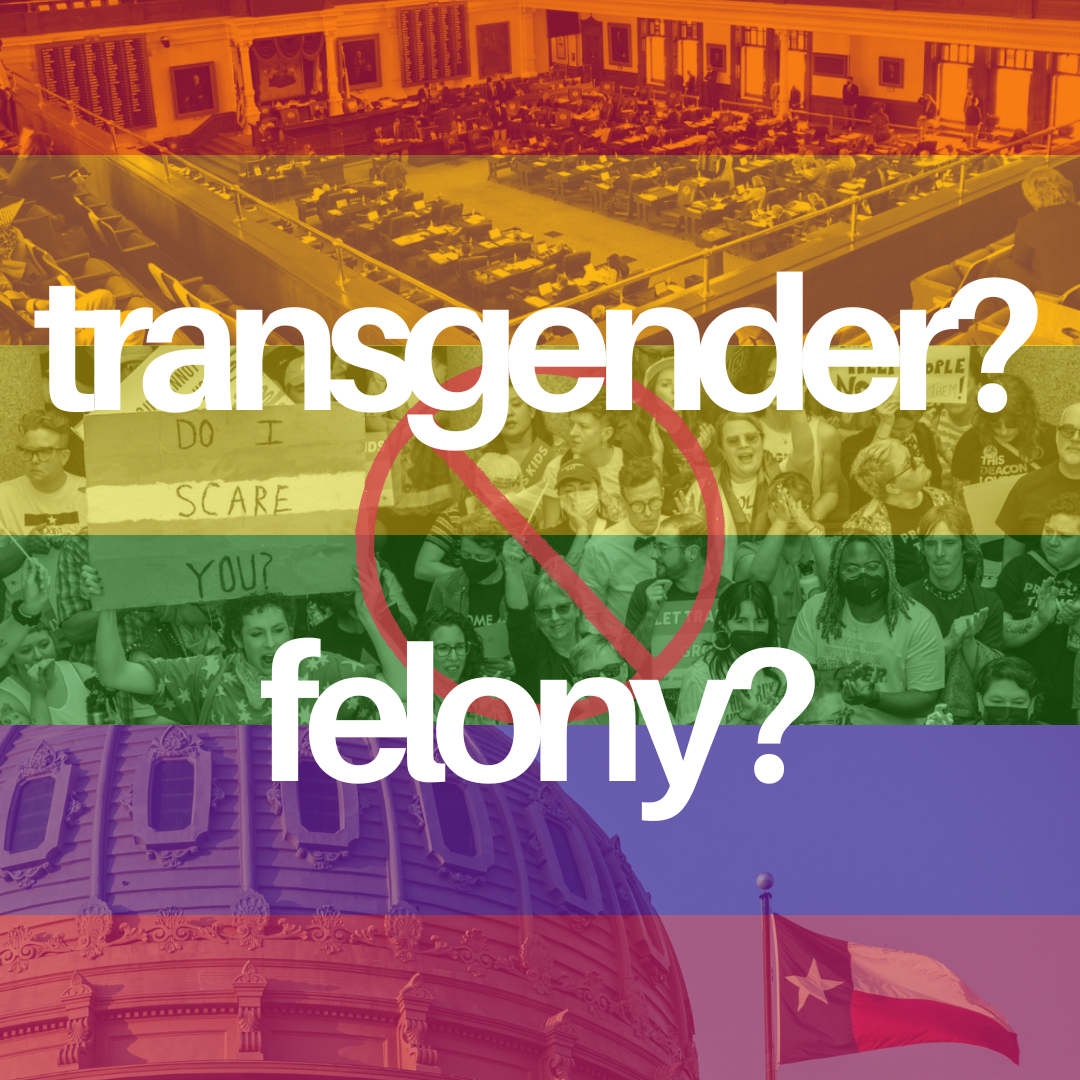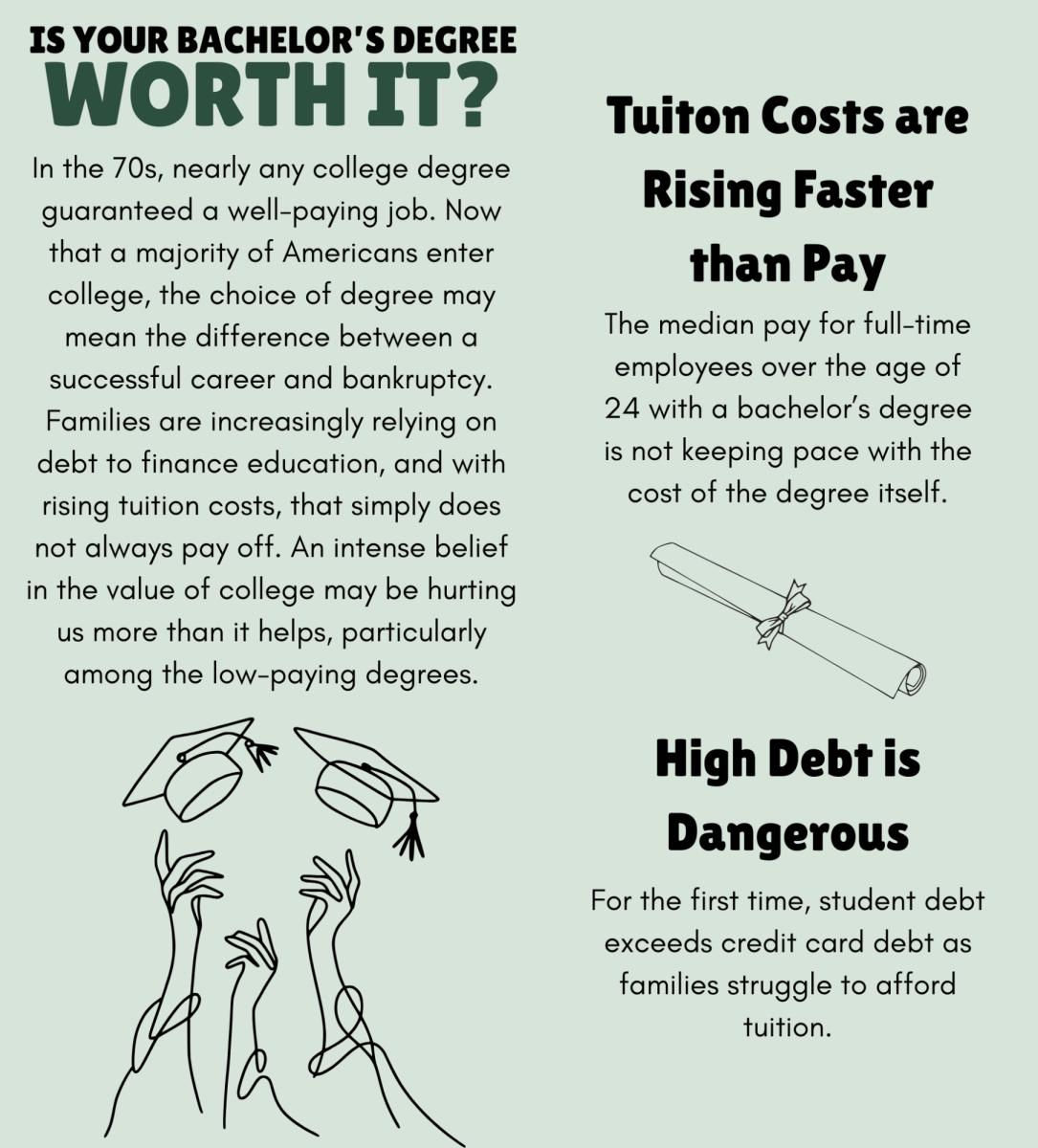A recent Texas bill proposed by Rep. Tom Oliverson seeks to allow transgender people to be jailed and fined up to 10 years and $10,000, respectively, for identifying as their preferred gender. This includes people who have already legally changed documents and those who are socially transitioning.
House Bill 3817 is one of many meant to make it more difficult for Texan transgender people to get medical treatment. Despite claiming to be in support of treating gender dysphoria, Rep. Brent Money presented a bill that was similar to one meant to stop children from receiving gender-affirming care—except he changed “child/children” to “person/people,” making it applicable to adults.
“I want to make it clear that my heart goes out to those struggling with gender dysphoria,” Money said in an X post. “These individuals deserve compassion, support, and real solutions already limited healthcare. These bills micromanage what “treatment” means in order to make banning them outright to address their pain — not irreversible procedures that leave them scarred for life. This legislation isn’t about judgment.”
These kind words are meant to charm audiences in a weak attempt to keep them from realizing how much harm his actions will bring to transgender people.
The Mayo Clinic defines gender dysphoria as “a feeling of distress that can happen when a person’s gender identity differs from the sex assigned at birth.” It is a diagnosable condition within the Diagnostic and Statistical Manual of Mental Disorders (DSM-5), a book typically used by psychiatrists. In addition to focusing on the identity itself, doctors also take the severity of distress into account.
Transgender people in Texas are already banned from legally changing their gender marker on their drivers’ licenses. Now, they are facing potentially losing access to already limited healthcare. These bills micromanage what “treatment” means in order to make banning them outright more feasible.
While both bills are unlikely to pass, according to the Texas Legislature tracker, it is still important to bring attention to their attempts at removing the rights of LGBTQ+ individuals. If even one manages to pass, more will follow.
I am fortunate to live on a relatively accepting campus, but I worry about the state’s right-leaning population. Louisiana already has its share of transphobic bills, which have a possibility of becoming reality.
Until that day comes, I will continue to bring light to the issues my community faces, and I will speak for those who can no longer. My voice will be heard until it is cut from me.





